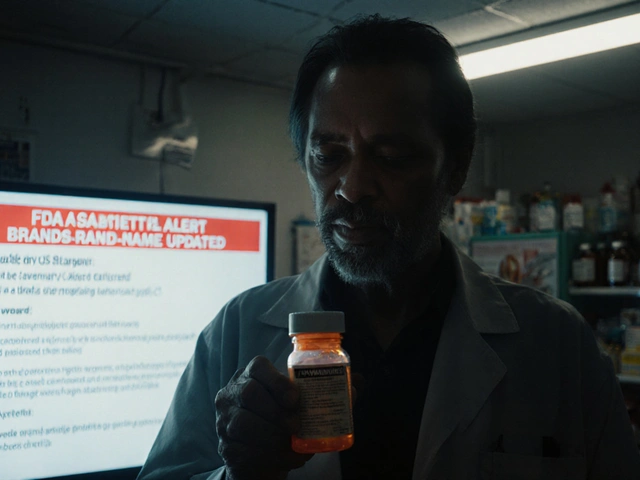Cold Symptoms: What They Are and How to Handle Them
If you’ve been sniffling, coughing, or feeling achy for a few days, chances are you’re dealing with a cold. Knowing the exact signs helps you treat it right away and avoid unnecessary worries.
What Cold Symptoms Look Like
A typical cold starts with a sore throat or a runny nose. Within 24‑48 hours you might notice sneezing, mild fever (usually under 101°F), and a heady feeling of congestion. Unlike the flu, chills, intense body aches, and sudden fatigue are rare. Coughs from colds start dry and become wet as mucus builds up. Some people also get watery eyes or a slight loss of appetite.
Spotting these clues early lets you stay home, rest, and prevent spreading germs at work or school. If symptoms linger longer than 10 days, turn into a high fever, or produce thick green sputum, it could be a sinus infection or something more serious—time to call a doctor.
Quick Ways to Ease Those Symptoms
Hydration is the simplest cure. Water, herbal tea, and clear broth keep mucus thin and soothe a sore throat. Over‑the‑counter options like decongestant nasal sprays or antihistamines reduce stuffiness, but use them no longer than three days to avoid rebound congestion.
Salt water gargles (½ teaspoon of salt in warm water) calm irritation after a few minutes. A humidifier adds moisture to dry indoor air, making breathing easier at night. If you have a mild fever, a dose of acetaminophen or ibuprofen can lower temperature and ease aches—just follow the label directions.
Rest is non‑negotiable. Your body fights viruses best when you give it downtime. Light activity like short walks is fine, but skip intense workouts until you feel back to normal.
When should you see a doctor? Call if you experience a fever above 103°F, shortness of breath, chest pain, or if a child under three shows rapid breathing or refuses fluids. These signs point to complications that need professional care.In summary, cold symptoms are usually mild and manageable with rest, fluids, and simple over‑the‑counter help. Keep an eye on any worsening signs, and you’ll know when it’s time for medical advice.
Coughs and Respiratory Infections: What to Watch Out For
This article breaks down the basics of coughs and how to spot the difference between a harmless tickle and something that needs more attention. Learn how common respiratory infections show up, what makes some coughs last longer, and when it's time to check in with a doctor. Get tips on managing everyday symptoms, staying comfortable at home, and spotting warning signs early. Stay informed and know how to protect yourself and your loved ones during cough season. Perfect for anyone who wants practical advice without medical jargon.
About
Medications
Latest Posts


Nutrition During Chemotherapy: How to Manage Nausea and Maintain Weight
By Orion Kingsworth Feb 24, 2026

Caffeine and Medications: How Your Coffee Could Be Making Your Pills Less Effective
By Orion Kingsworth Dec 11, 2025

Pomegranate Juice and Medication Metabolism: What You Need to Know
By Orion Kingsworth Feb 10, 2026

